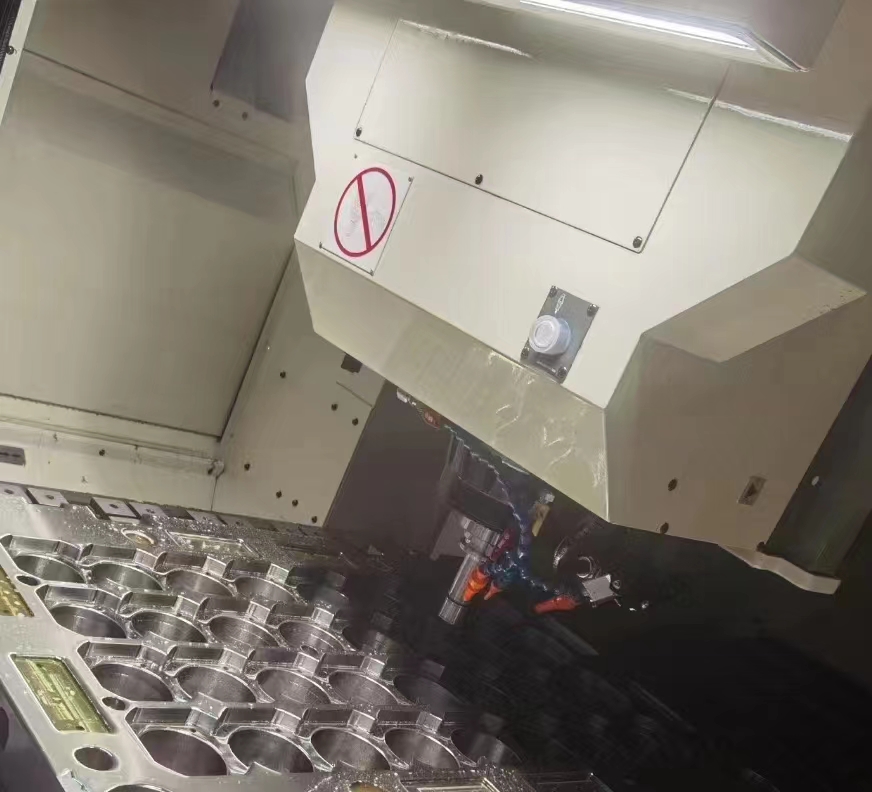The Importance of Sustainable Development in Singapore
Sustainable development has become a cornerstone of governance, urban planning, and ecological preservation in Singapore. As one of the leading financial and logistics hubs in Asia, Singapore is committed to ensuring that its growth does not come at the expense of its environmental integrity. This is encapsulated in Singapore's Green Plan 2030, which aims to bolster sustainability through various initiatives. Within this framework, the importance of materials such as copper cannot be overlooked.
Understanding Copper as a Sustainable Resource
Copper has emerged as a critical component in sustainable development due to its properties and applications. Recognized for its excellent conductivity, corrosion resistance, and recyclability, copper is widely used in various sectors including construction, energy, and electronics. The metal contributes significantly to reducing carbon footprints and improving energy efficiency—two key goals within Singapore’s sustainability agenda.
Copper in Renewable Energy Applications
In the context of renewable energy, copper plays a pivotal role. The metal is extensively used in the production of photovoltaic cells, wind turbines, and energy storage systems. In Singapore, the push towards solar energy has led to a surge in solar panel installations across the island. Copper’s efficiency as a conductor means that the energy generated is maximized, thus supporting Singapore’s vision to generate at least 2 gigawatt-peak (GWp) of solar energy by 2030. This ambition is more than just a statistical target; it embodies a deeper commitment to climate-resilient infrastructure.
Enhancing Urban Sustainability with Copper
The application of copper extends beyond energy into urban sustainability efforts. Singapore is known for its innovative approach to integrating green technologies within urban infrastructure. The use of copper in plumbing and electrical systems in buildings supports energy efficiency and longevity, reducing the need for frequent repairs and replacements. Furthermore, copper's antimicrobial properties are increasingly recognized as beneficial for public health, particularly in urban environments where crowded spaces can promote the spread of pathogens.
The Role of Recycling in Copper Sustainability
Recycling is a crucial component of sustainability, and copper is one of the most recycled metals globally. Singapore has made significant strides in establishing a circular economy, where materials are reused, recycled, and repurposed to minimize waste. By reclaiming copper from discarded electronics and construction debris, Singapore not only conserves natural resources but also reduces its carbon footprint associated with mining and processing new copper. The National Environment Agency (NEA) promotes initiatives aimed at increasing public awareness about the recycling of copper, further propelling the nation's sustainable objectives.
Challenges and Opportunities in Copper Usage
While the benefits of copper are compelling, challenges do exist. The extraction and processing of virgin copper can lead to significant environmental degradation, which contrasts with Singapore's sustainability goals. This presents an opportunity for Singaporean companies to invest in technological innovations that improve mining processes or develop alternative materials that can reduce dependency on raw copper. Additionally, collaboration within ASEAN nations could lead to further advancements in sustainable mining practices.
Future Prospects for Copper in Singapore
Looking ahead, the role of copper in Singapore's sustainable development will likely expand. As the city-state continues its trajectory towards becoming a Smart Nation, the integration of smart technologies in urban living will demand reliable and efficient materials like copper. This includes applications in smart grids, Internet of Things (IoT) devices, and energy-efficient appliances, all of which will require substantial quantities of copper. The forecasted growth in these sectors signifies a burgeoning market for both recycled and newly sourced copper, meaning that industry stakeholders must prepare to meet increasing demand responsibly.
Collaborative Efforts for Sustainable Copper Use
Institutional collaborations, such as those between the public sector, private enterprises, and research institutions, will play a vital role in advancing sustainable copper usage. By investing in research and development, stakeholders can better understand and optimize the end-of-life processes for copper, creating a more resilient recycling infrastructure. Initiatives such as the Singapore Copper Commission may emerge, aiming to standardize practices around copper recycling and supply chain management, thereby ensuring sustainability at every stage—from extraction to disposal.
Conclusion: The Path Forward
In conclusion, the role of copper in Singapore’s sustainable development is multi-faceted and critical. From energy efficiency in renewable technology to enhancing urban living conditions through antimicrobial properties, copper's contribution is undeniable. As Singapore continues to confront the challenges of climate change and resource scarcity, a focused approach on utilizing copper sustainably will help achieve its ambitious environmental goals. By fostering innovation, recycling, and responsible sourcing, Singapore can emerge as a global leader in sustainable development practices, demonstrating that the synergy between economic growth and environmental stewardship is not only feasible but essential.

